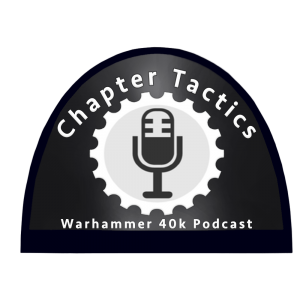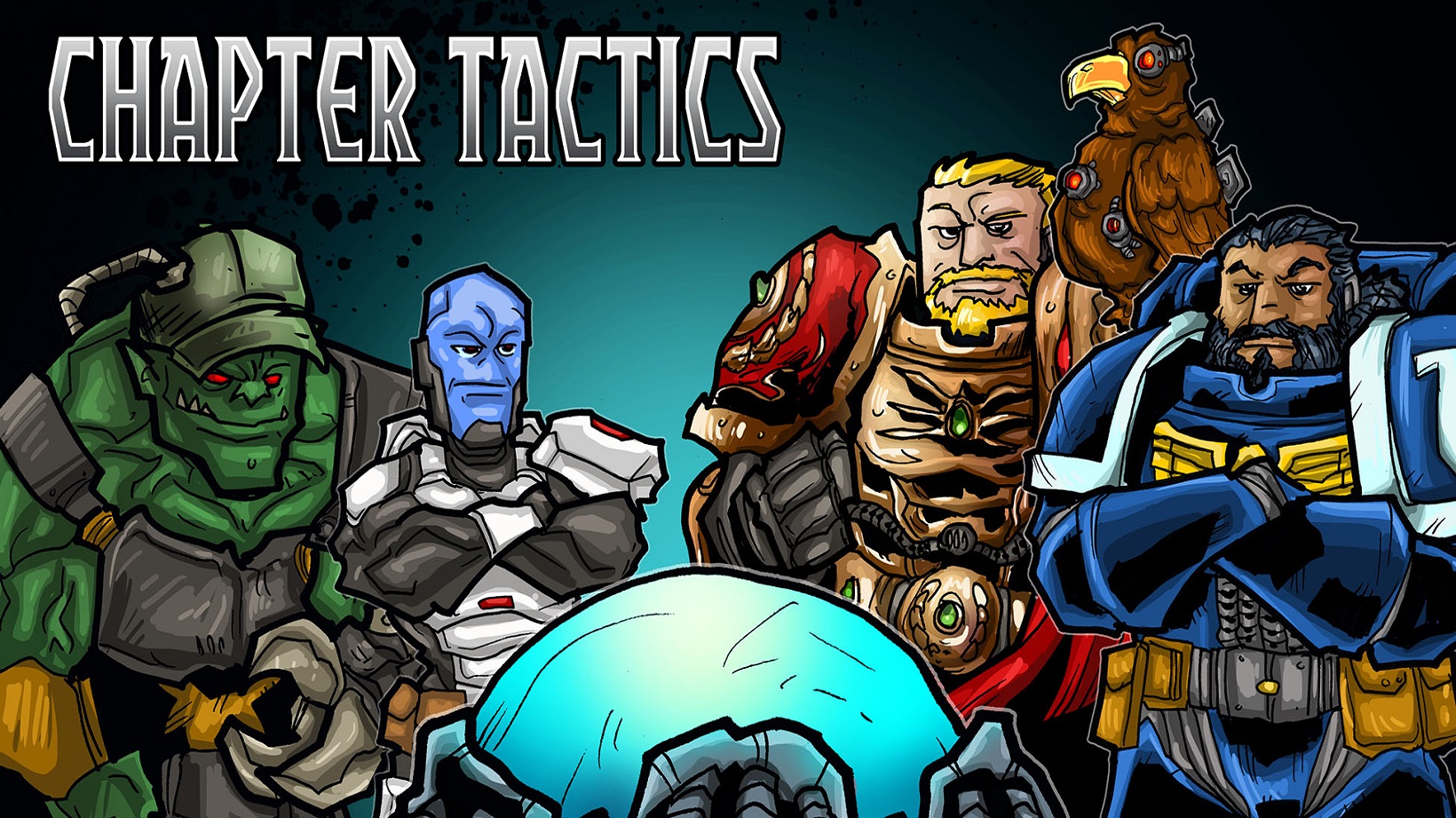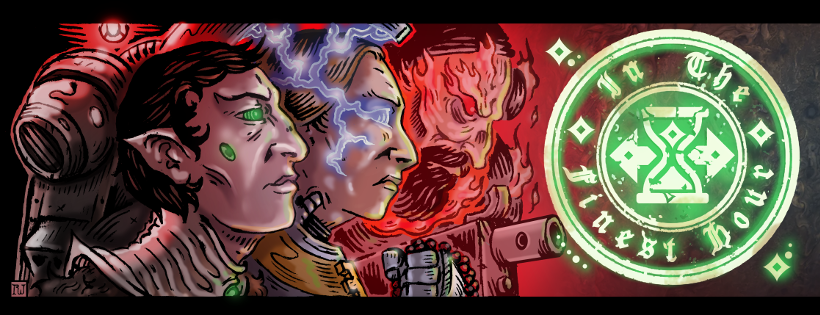Today Brandon, Val, and Pablo talk about what it takes for professional athletes to achieve peak psychological performance by maintaining focus and motivation to succeed through adversity.
Chapter Tactics is a 40k podcast which focuses on promoting better tactical play and situational awareness across all variations of the game.
- Head on over to 40kstats.com for more faction stats for all major ITC tournaments!
- Support us on Patreon this month and get a chance to receive random stuff from us!
- Click here for a link for information on downloading best coast pairings app where you can find lists for most of the events I mention.
- Check out the last episode of Chapter Tactics here. Or, click here for a link to a full archive of all of our episodes.
- Check out Skari on Skaredcast, for excellent 40k tactics videos and Monday Meta analysis.
- Commercial music by: www.bensound.com
- Intro by: Justin Mahar





Hey, I’ve found that when we talk about building concentration and focus, the best method is counter intuitive to what most people think. Most people may think about focusing on how to silently meditate or use some other method like music to block out external stimuli. That doesn’t really build the skill set. What that does is prepare you for a situation that has music or is completely quite.
What we want to do is to practice consciously redirecting our attention from the distractions to the task at hand. You acknowledge the distraction and purposefully ignore it. Practicing this is what helps to build that skill if you don’t naturally possess it. Over time, you’ll find it easier to hear someone talk to you, hear them, but automatically ignore what they said to maintain concentration.
We did this a lot during chess practice when I was younger. My coach would engage in conversations with others about me so I repeatedly heard my name while I played games. He’d also play varied music and amplified sounds of other players playing chess and slamming the chess clocks. He would also intermittently interrupt my games to have short conversations with me and then walk away. It really helped later in undergrad and grad school when I would study near other people. They were talking or playing games and I never really heard them. They might as well not have been there.
That’s a cool way to increase concentration skills.